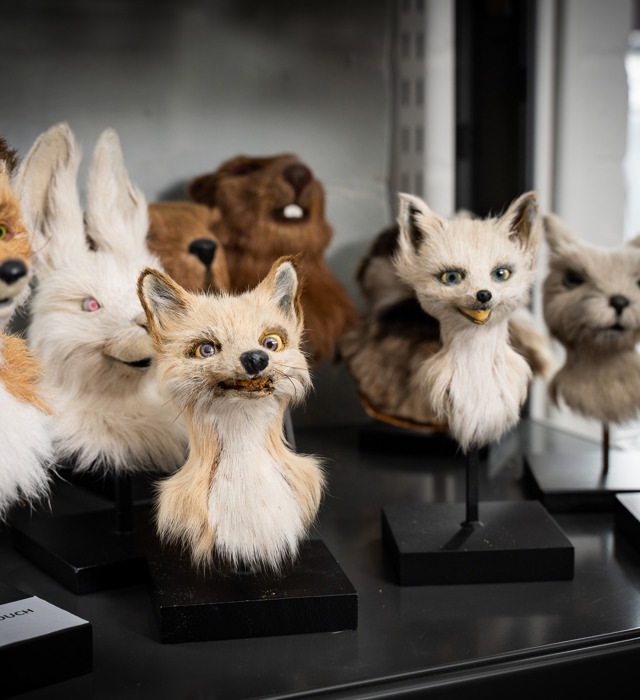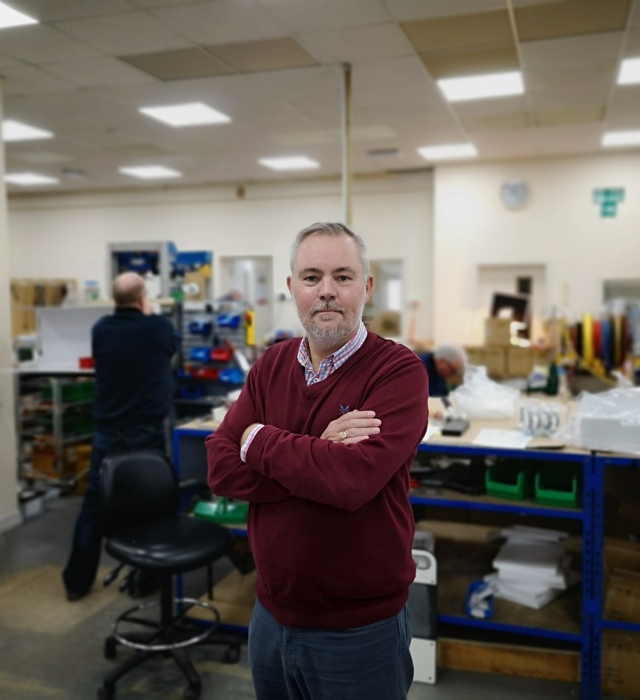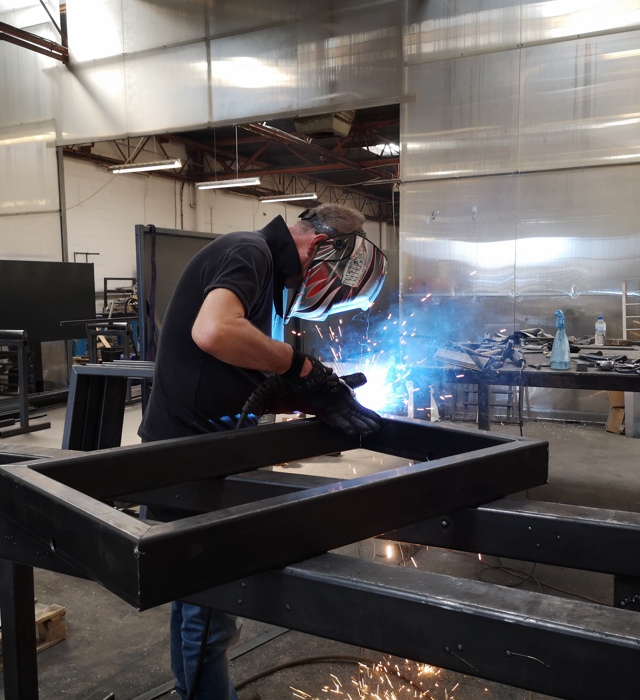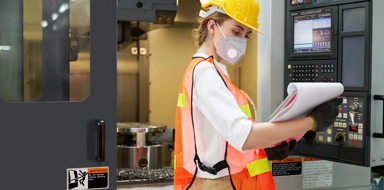Derek Rose is a family-owned British lifestyle brand specialising in the design and production of luxury sleepwear, loungewear, leisurewear, underwear and resort-wear which is stocked by Harrods and Selfridges.
With design and ecommerce teams based in London’s Baker Street and silk manufacturing and warehousing in Congleton, the business wanted to increase production to meet growing demand, rather than use third party manufacturers.
After approaching the local Growth Hub for advice, Derek Rose was referred to Made Smarter which identified and then supported the investment in a software solution which has overcome a manual, time-consuming process.
Jason Carroll, Head of Operations, said: “Made Smarter has provided a fantastic level of support through the process of analysing our methods, finding potential solutions and implementing them.
“The support and advice has accelerated our digital transformation and given us the confidence to approach the next step in our journey.”
A key element of Derek Rose’s growth strategy is to ramp up production of silk products by improving two elements of the production process.
Laura Moore, Silk Studio Manager, doubled the number of production and quality control staff, and oversaw the move of the department to a much larger part of the factory.
But the business needed some expert support on what technologies to deploy and turned to Made Smarter who started with a Digital Transformation Workshop, an innovative, streamlined process to identify digital tools and technologies that can maximise operational processes and enhance business growth.
It identified an opportunity to use technology to replace the manual process of drawing and amending patterns by hand and sending them via courier to be cut and then returned to the factory to be manufactured.
Laura said: “We were still using the same manual paper systems we were using in the 1980s where prototype patterns are made by hand and then shipped to the manufacturer. This could take weeks, even months if there were any errors or amendments required.”
With grant funding from Made Smarter, Derek Rose invested in a leading computer aided design and manufacturing solution which has digitised its pattern cutting and grading process.
It means edits and amendments can be made via the software, automatically recalculating factors like seam allowance, and then sent electronically to the manufacturer.
The software also supports an auto marker feature to increase the fabric use in production as well as being able to integrate with the cutting machinery used by their manufacturing partners.
While the software does produce a bottom line saving by improving such a key part of the process, it is the time and resource savings that have had the biggest impact.
Digitising the process has reduced the time spent producing and amending patterns from hours to minutes.
Laura explained: “The adoption of new technology has transformed a process which has been in place for almost 40 years.
“To make one change to the back of a garment, I previously had to change several pattern pieces. That could take me five hours. With this software it takes two minutes. The timesaving has been incredible.
“Then you have to consider the time saved sending the patterns to the graders or manufacturers electronically instead of by land or air. That could take weeks to go back and forth. Now it is hours.”
This increased efficiency has significantly reduced lead times on prototypes and design development processes, whilst also removing the risk of human error.
Meanwhile, the auto marker element of the software has reduced wasted fabric by optimising the layout of the patterns on the fabric before it is cut.
Digitising the patterns has now freed up valuable space in the studio and created a digital library for future developments. It will also have a significant impact on the time taken to be able to produce and approve new styles across the business.
The electronic transfer of these patterns has massively improved communication with internal teams and external manufacturing partners, meanwhile training on the new software has upskilled three of the team and created higher value jobs.
Derek Rose has also now invested in an automated cutting machine with the help of Made Smarter so it can greatly improve the manufacturing elements and quality of its silk products, and is continuing to look at more digital tools, such as barcode technology.
Laura added: “We feel very fortunate to have benefited from the insights of Cheshire and Warrington Growth Hub and Made Smarter. Thanks to this local support we have a digital roadmap and some ambitious plans to continue to improve our design and manufacturing methods, improve our sustainability, upskill our team and create new highly skilled jobs, and drive growth.”








